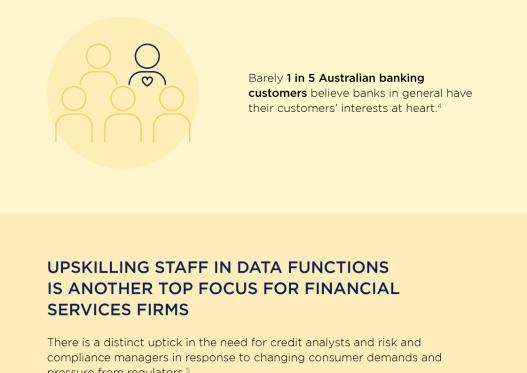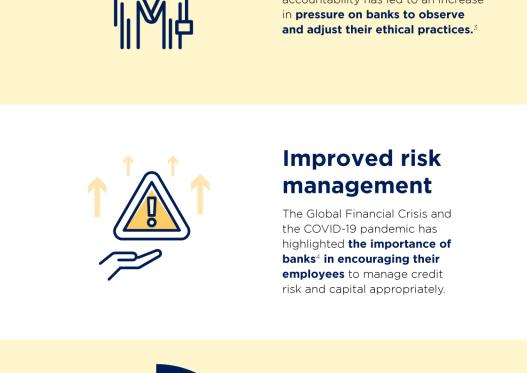Productivity and taxation policy reforms are needed to ensure increased economy-wide revenue growth to offset rapidly increasing outlays on health and social welfare, FINSIA CEO and Managing Director Yasser El-Ansary says.
He was speaking after the launch of your special two-part Budget Analysis.
22-23 FINSIA Federal Budget Analysis - Tax & Superannuation
“The Federal Budget has really opened up the questions about the bigger medium- and longer-term challenges that need solving,” he said.
“The priorities that are becoming more urgent now are in the areas of policy reform in respect of both productivity and taxation.
“While it’s interesting that inflation is being talked abut far and wide, it’s what is missing that is equally important.
“There are uncontrollable drivers that won’t necessarily be responsive to rising interest rates.
“The energy and supply chain pressures that are fuelling the rise in the cost of living here in Australia aren’t automatically going to be solved through raising interest rates – there are a number of factors that are beyond our domestic control here in Australia, like the war in the Ukraine and the consequential energy crisis in Europe, alongside global constraints on the supply of labour across all sectors of the economy.”
Are we going to achieve everything the Reserve Bank wants to achieve – or do we all need to accept that we will be living with slightly higher inflation for the next year or two, he questioned.
“There’s a whole series of issues that are impacting the economy.
“To what extent will monetary and fiscal policy resolve public enemy number one – or will monetary and fiscal policy lead to the acceptance that we will be living with raised inflation for the medium term.”
Yasser did note that the budget had created a foundation for the hard work that’s ahead of us.
“We do need to start to see a plan to bring the budget back to balance within the next five or six years, or less – we all know that there are rapidly increasing demands on expenditure in key areas such as social services, health and the NDIS,” added.
“Our capacity to generate the sort of revenue we need to meet those rising demands on expenditure is limited based on current policy settings, which is precisely the reason why policy reform is now more urgent than ever before.
“So the question that of course has to follow is when, and by how much, might taxes have to rise in the future.”








